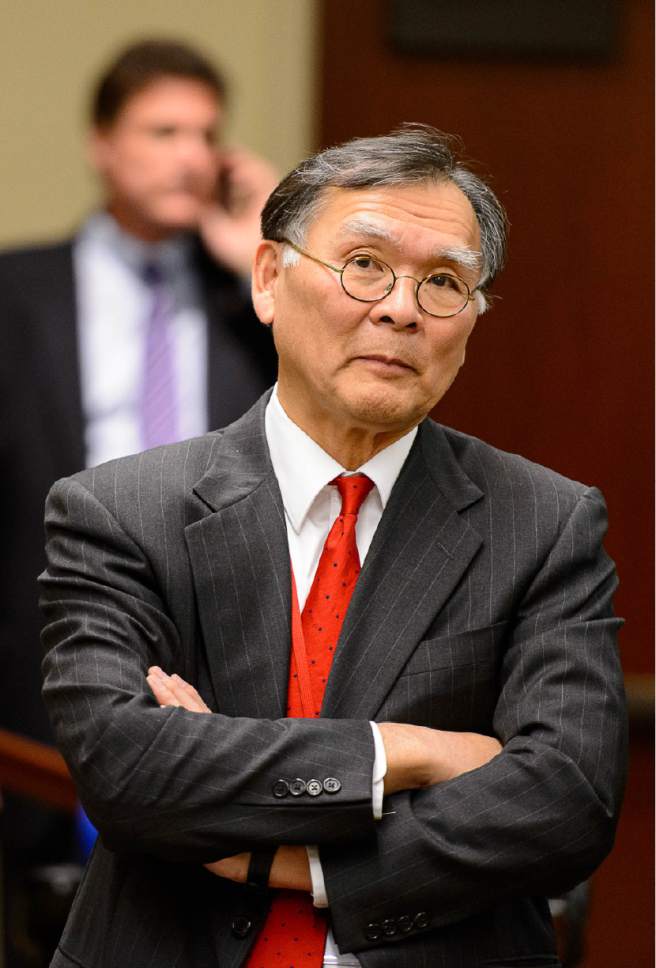This is an archived article that was published on sltrib.com in 2016, and information in the article may be outdated. It is provided only for personal research purposes and may not be reprinted.
As a physician, I want to help people. I see patients every day and night in the ER with pain, nausea, seizures, muscle spasticity and many other devastating conditions like cancer, paralysis and chronic pain. I am frustrated that we do not have better choices to treat them.
• I want better medicines than what we currently are allowed to prescribe.
• I want an alternative to opioids, which are so addicting and so dangerous.
• I want an alternative to anti seizure medicines which have so many side effects, some as bad as the seizures themselves.
• I want medicine to help patients with inflammatory conditions like Crohns disease.
• I want a better medicine to treat patients with cancer. I want a medicine to help treat the pain and injury endured by our veterans.
• I want a medicine that will not kill patients if they accidentally take a few pills too much.
Medicinal marijuana may be the answer.
I carefully studied the current studies, met with the researchers themselves face to face over the past two years and I have had independent examiners look at the existing domestic research on medical marijuana. They inform me that we need additional in-depth, focused, evidence-based studies. This is reassurance that medical providers need so they can confidently prescribe medical marijuana safely, effectively and, oh yes, legally.
That is why I sponsored successfully legislation last session that called for the rescheduling of marijuana from I to II. This simple, productive change would allow prescribing of medicinal marijuana and allow formal research.
That is why I am seeking funding for collaborative studies to be conducted at our major, world class institutions here in Utah. I am inviting the University of Utah, USTAR, the VA, Huntsman Cancer and others to join in prospective studies on medical marijuana involving real patients with real problems that we can help. And the sooner the better.
Here are some benefits from this approach: Hundreds of patients will get treatment with medical marijuana as soon as we launch the studies. It will ask and answer the vital questions: Does medical marijuana work, how does it work, how much to prescribe while providing safety and scientific data. It will help patients now while we simultaneously get the data.
We will have valid, evidence based studies that will join with the existing literature and give us a sound basis to go forward. These studies can be the foundation for legislation that truly help patients here in Utah and nationwide.
I want to help patients. I want to help them now. This approach is not some tactic to delay medicinal marijuana prescribing for adults. Quite the contrary. It will help so many of those who are suffering and much sooner than the other approaches we are considering. For example, a ballot initiative probably could not be enacted before 2019. Without this research other legislation which failed last session will probably fail again. And without this, patients will have to find medical marijuana treatment on their own illegally and less effectively and maybe dangerously.
Let's work together. We have a real problem and we need real solutions.
Sen. Brian Shiozawa represents parts of southeastern Salt Lake County in the Utah State Senate.



